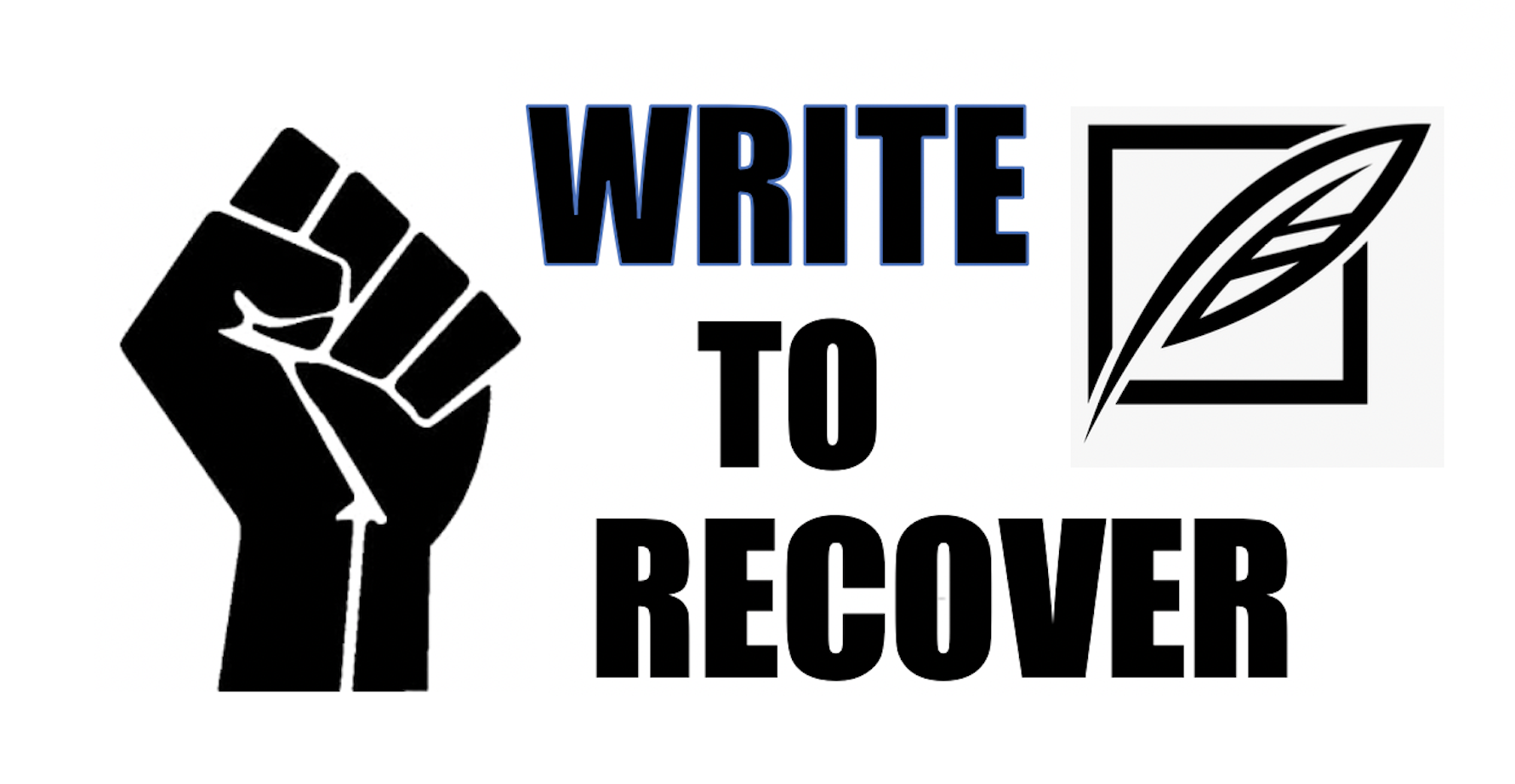
Living to Tell the Tale: An Afternoon of Coming-of-Age Stories with acclaimed actor Garrett M. Brown and local writer & community activist Bobbi Buchanan
Golden-Globe nominated actor Garrett M. Brown (you’ve seen him in Uncle Buck, Sisters, and Kick Ass) comes to Shepherdsville to share his coming-of-age memoir Tin Sea, about the summer he spent in small-town Tennessee as a young man–a summer that changed his life and set him on the path of being a painter, writer and actor.
Award-winning local writer Bobbi Buchanan reads from a collection of personal essays about growing up in Belmont, becoming a teenage mother, raising children during the opioid crisis, and using her skills as a writer and educator to help others–inmates, addicts in recovery, students navigating the post-Covid landscape–find their creative spark.
Enter the Contest
Have a story or poem about growing up? Enter it in our contest! We’re looking for powerful, personal writing on the theme of “Growing Up”—broadly interpreted. Your piece might explore a first kiss, a first date, getting your driver’s license, or any meaningful rite of passage. Show us a moment that shaped you.
Open to poetry (up to 40 lines) and prose (up to 1,000 words)
Deadline: May 1, 2025
Winner will be notified by May 6.
One winner will receive a $25 gift certificate to From the Ground Up Books and be invited to read with Garrett & Bobbi at the May 13 eve.
